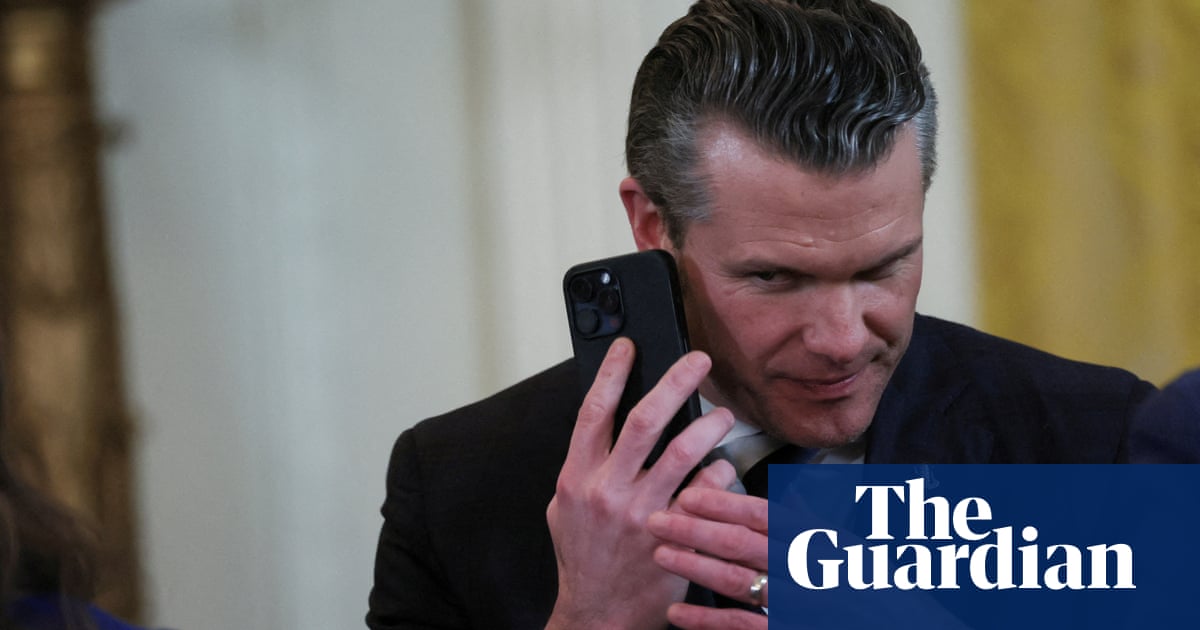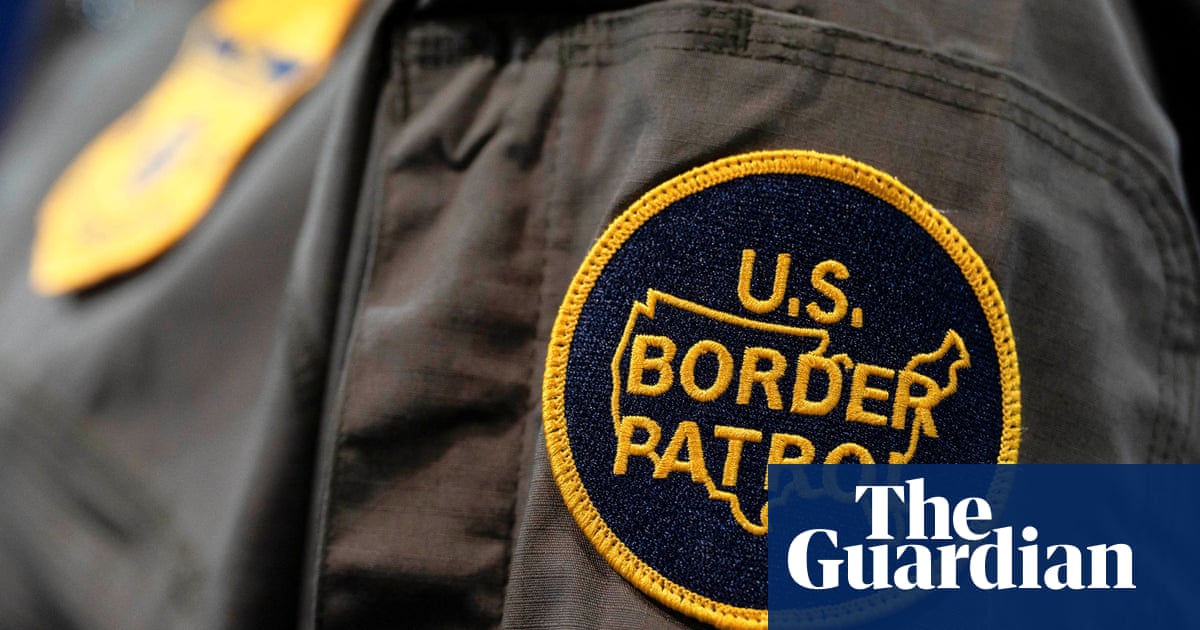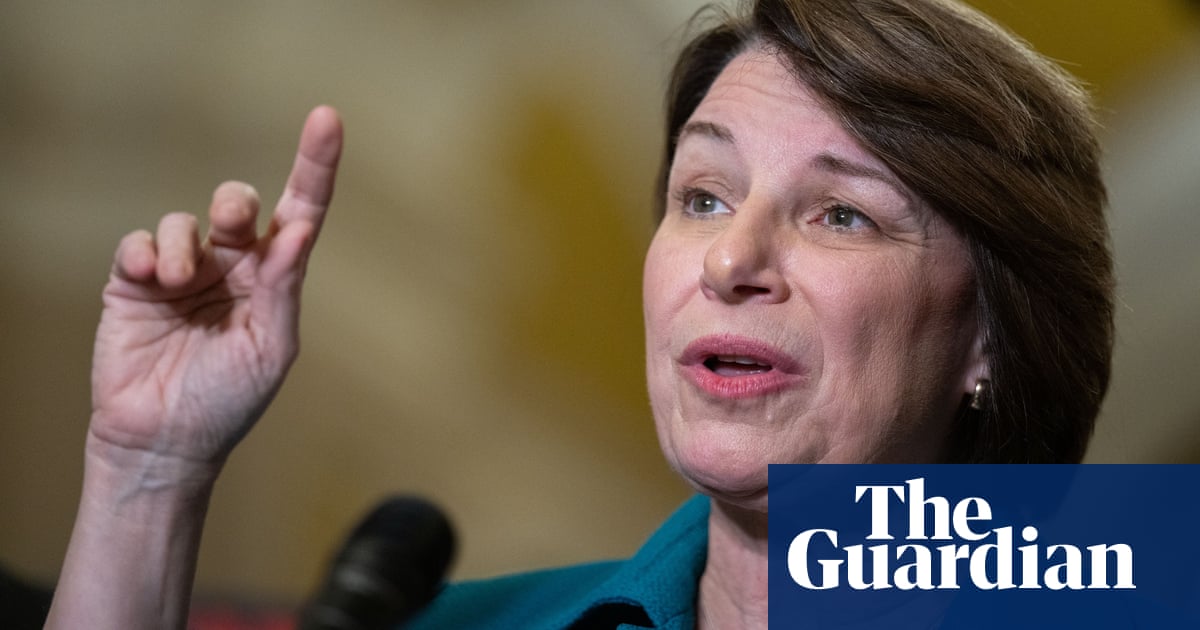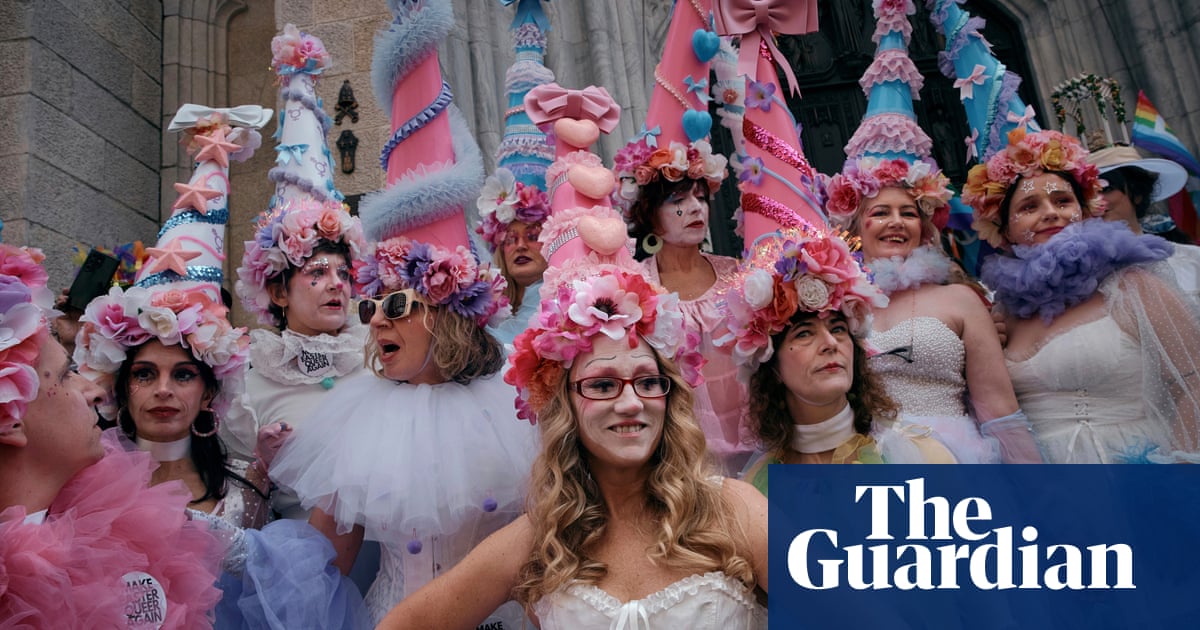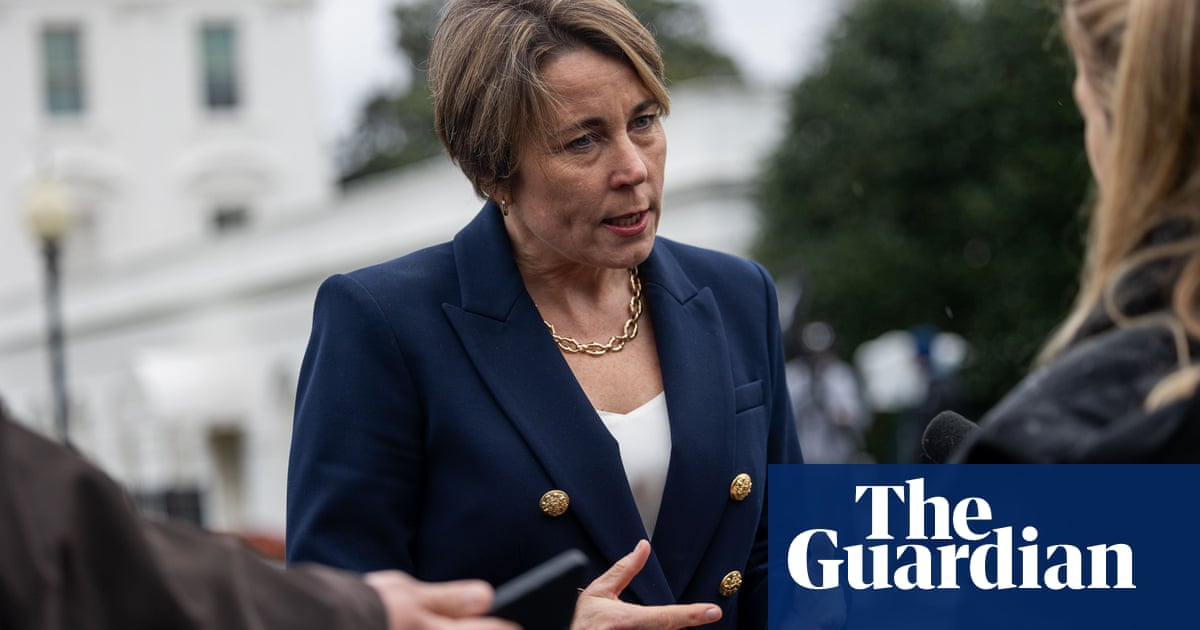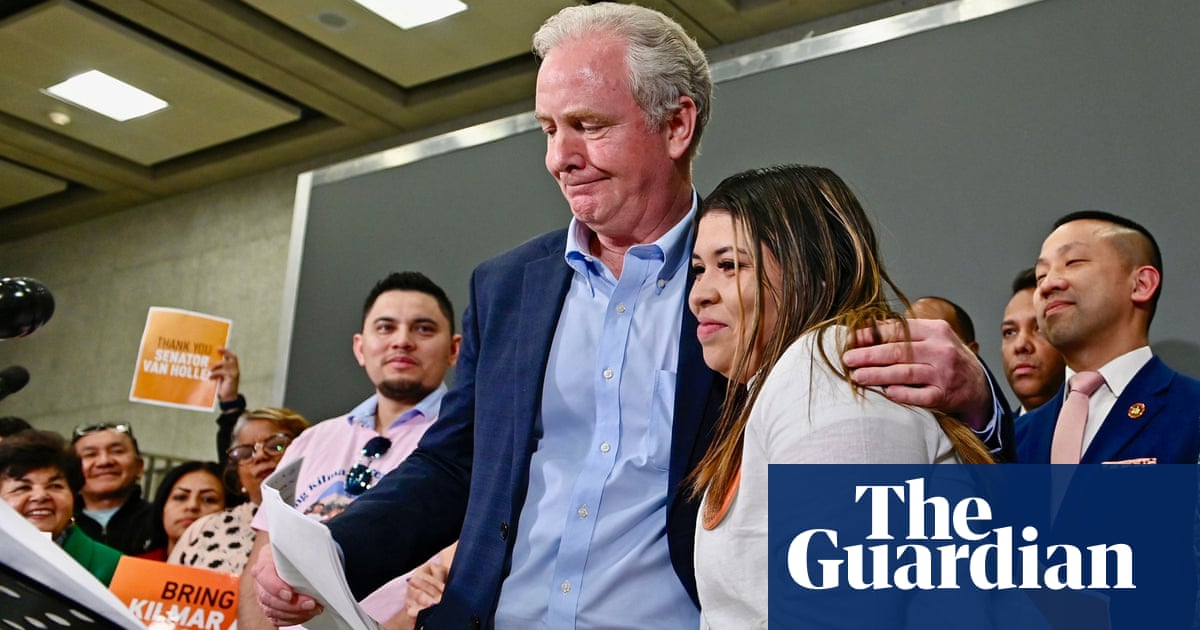Robert F Kennedy Jr has been accused of committing voter fraud in November’s presidential election by casting his ballot from a New York address that a court had previously ruled was not his place of residence.
The complaint, filed by Accountable.US, a left-leaning watchdog group, could complicate Kennedy’s confirmation as Donald Trump’s nominee to be health and human services secretary, when he is expected to be subject to rigorous questioning at a Senate hearing.
In a filing with the New York state board of elections, the watchdog calls for an investigation into Kennedy for “registering for and voting” from a state address at which he does not live.
“New York statute … provides that any person who ‘[k]nowingly gives a false residence within the election district when registering as an elector’ is guilty of a felony,” the complaint states.
It goes on to say that Kennedy voted by mail-in ballot from an address in Katonah, about 45 miles from New York City, which was at the centre of a state court ruling about his eligibility to appear on the New York ballot as a presidential candidate.
That referred to a ruling last August by a New York judge upholding a legal challenge from another watchdog group asserting that Kennedy had falsely listed the address as his residential home in order to gain ballot access.
Kennedy claimed he had rented a room at the address from a childhood friend. But his argument was undermined by testimony from the friend’s spouse that he had only ever spent one night there. The complaint alleged that Kennedy actually lives in California.
The New York ruling excluding Kennedy from the state ballot was later upheld by the US supreme court after the candidate lodged a series of appeals.
“As the defendant in this case, Mr Kennedy was clearly aware of the verdicts holding that he was not a legal resident of this Katonah address,” the complaint says. “Despite this undisputable [sic] knowledge, Mr Kennedy voted from the property anyway. By knowingly voting from a residence that several New York courts had already determined was not his legal residence, Mr Kennedy blatantly violated [New York election law].”
Kennedy, an ex-Democrat, challenged several moves to exclude him from state ballots before suspending his independent presidential candidacy and endorsing Trump last August.
After joining Trump’s campaign, Kennedy sued state election boards to remove his name from the ballot in several battleground states where he judged his presence might deny Trump crucial votes and help Kamala Harris, the Democratic nominee.
After his election victory, Trump nominated him to run the Department of Health and Human Services despite widespread misgiving about Kennedy’s controversial views on vaccines, on which he has spread debunked conspiracy theories.
Some Republicans are also skeptical of Kennedy’s nomination because of his previous support for abortion.
Tony Carrk, Accountability.US’s executive director, urged senators to consider Kennedy’s election behaviour when weighing whether to confirm him.
“If RFK Jr is so dismissive of the law in his personal matters, how can he be trusted to properly apply the law when it comes to our public health?” he said in a statement to Politico, which originally reported the complaint. “Senators should press Kennedy on whether he intends to play by his own rules and thumb his nose at the law as HHS secretary.”
Neither Kennedy nor his lawyers have commented.

.png) 3 months ago
31
3 months ago
31
